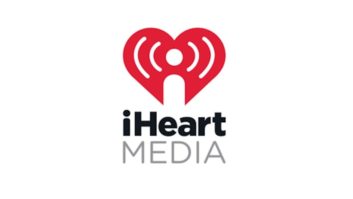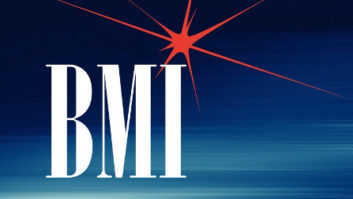Performance rights groups ASCAP and BMI have teamed up to create what they are billing as a “single, comprehensive database of musical works from their combined repertories that will deliver an authoritative view of ownership shares in the vast majority of music licensed in the United States.”
The move appears unlikely to preempt a recently announced legislative effort to mandate such a database, though the combined database has been in the works for a year, said a spokesperson for the licensing groups.
The announcement comes less than a week after Rep. Jim Sensenbrenner (R-Wis.) introduced the Transparency in Music Licensing and Ownership Act, which would create a database for music and sound recordings and make it easier for businesses, restaurants and other establishments that play or perform music to identify the copyright holders so they can be fairly compensated.
ASCAP CEO Elizabeth Matthews called the new database a proactive and voluntary effort to move the industry “a step forward to more accurate, reliable and user-friendly data…Together, ASCAP and BMI have the most expertise in building and managing complex copyright ownership databases.” She added, “With our combined experience, we are best positioned to make faster headway in creating a robust, cost effective market solution to meet the needs of the licensing marketplace.”
They said there will be a phased rollout of the database beginning in late 2018 and that it will be “secure, user-friendly and searchable.”
The two each maintain a database now, but they will be wedding them for ease of searching, including information on titles, artists, IP names and numbers and more. The two databases will remain on each website during the transition.
“We don’t believe there’s a need for the bill introduced by Congressman Sensenbrenner,” said a BMI spokesperson. “We would have welcomed the opportunity to let his [Sensenbrenner’s] team know about this project and our efforts to date, had they reached out to us ahead of time. We agree there is a need for greater transparency in music data and think that this is an effort best handled by the experts in the industry and the people who know that data best. This is important step in the right direction. It’s worth noting that the bill would require the Register of Copyrights to oversee the build of a database from scratch. We’ve been working on this for over a year, and it is no small undertaking.”
Sensenbrenner saw it as an attempt to head off the bill with a lesser product, and was not happy.
“If BMI and ASCAP were serious about establishing a music database, not only would they have spoken to my office and other interested Members of Congress about their plans, but they would have also included their fellow PROs in the initiative,” he said. “With their announcement today, they are grasping at straws; trying to maintain power over a failing process that only serves their interests, not those of the American consumer.”
“Despite claims from BMI and ASCAP that they have been working on this joint database for the past year, they have made no effort to cooperate with Members of Congress on the issue,” read an email from Sensenbrenner’s office.
One copyright-protecting congressman was singing the praises of the BMI/ASCAP voluntary effort.
“Today’s announcement from ASCAP and BMI is a substantive step forward in helping modernize the music industry,” said Doug Collins (R-Ga.). “ASCAP and BMI are working together to better serve songwriters, publishers, licensees, and the entire music community through a free-market solution that leverages industry expertise and efficiencies.”
“ASCAP and BMI represent 90% of American songs and have built this database with the potential to include an even broader range of information across the music industry.”
“I’ve been working to protect the constitutional rights of America’s songwriters for years, and this is a good day for music creators and music lovers.”












